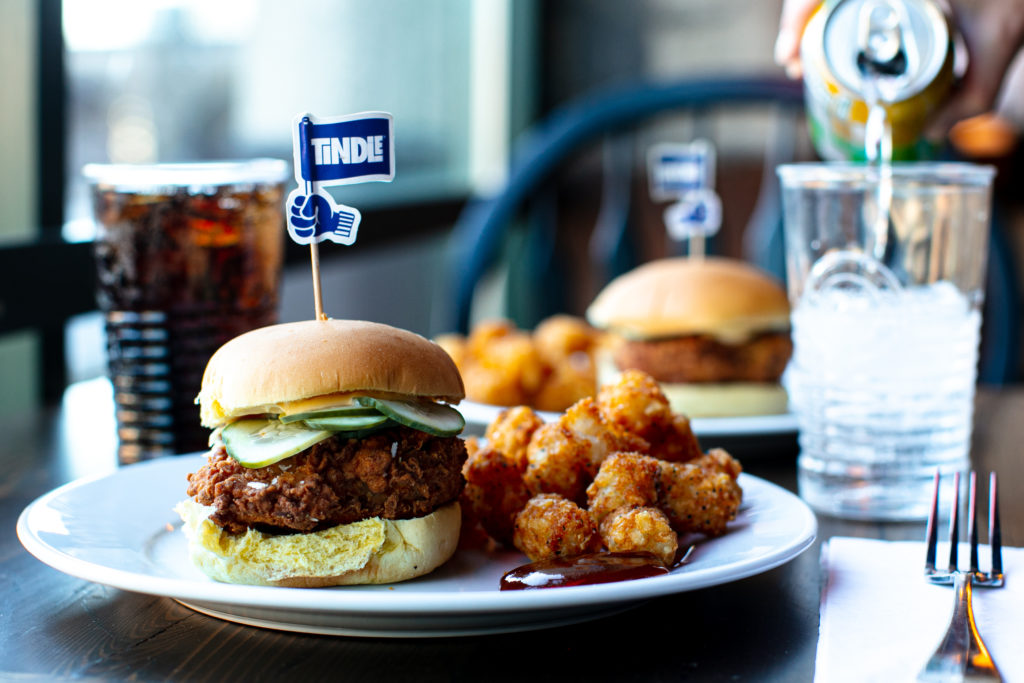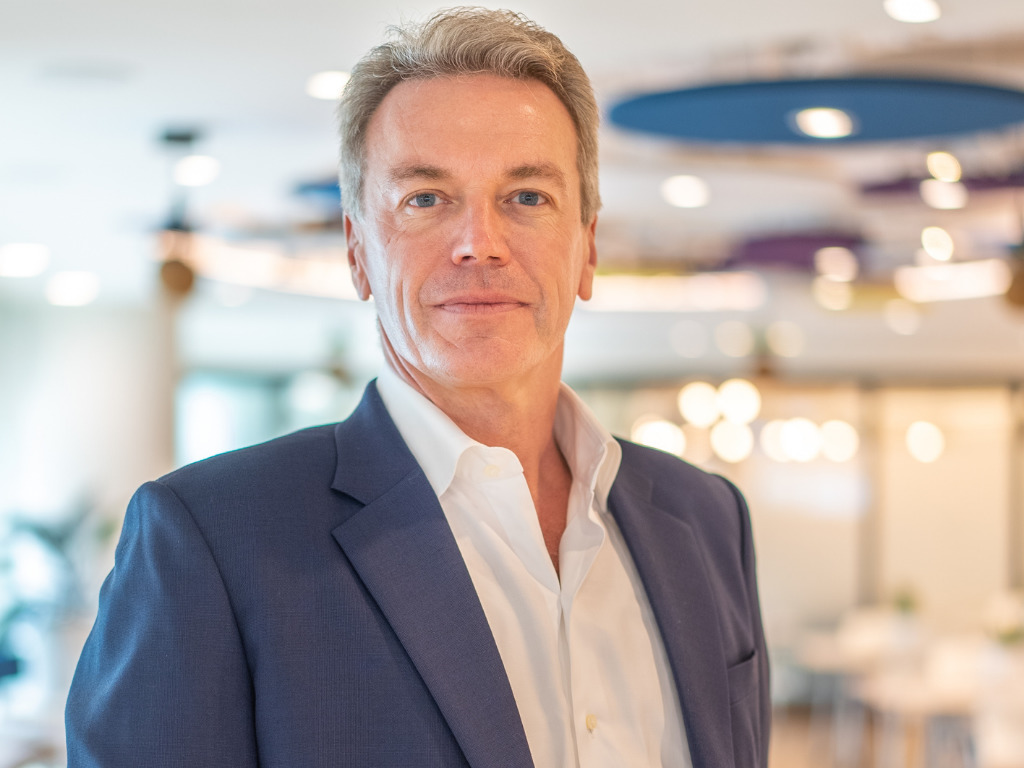4 Mins Read
Singapore’s Next Gen Foods, which owns the vegan TiNDLE brand, has welcomed two new board members to help cement the young company’s position as a global plant-based leader: Jenny Lee, a managing partner at GGV Capital, and Mathys Boeren, CEO of the Asia Sustainable Foods Platform at Temasek Holdings.
Both new appointments bring a litany of impressive career successes with them. Lee is known for her diverse background which includes engineering, aerospace and venture capital investment. Boeren brings a personal commitment to developing sustainable foods and vast experience in scaling food tech startups.

Bringing new perspectives to plant-based food development
“We are always looking for strategic partners, board members and mentors who are motivated about transforming the food system and can guide us as we continue our rapid growth and market expansions,” Andre Menezes, Next Gen Foods Co-Founder and CEO said in a statement. “Both Mathys and Jenny’s extensive global and regional experience in the food tech industry, and in helping startups to scale swiftly, is essential to Next Gen’s vision of making delicious foods that ultimately impact the footprint that we have on this planet.”
Lee is a powerhouse of early-stage guidance. Currently based in Singapore, she has guided 18 companies to unicorn status and successful IPO listings and is regularly recognised by the Forbes Global 100 VC Midas list. A leading woman in business, she became the first female to ever break into the top 10 of Forbes’ list, in 2015. Lee is well-positioned to help Next Gen get to the next level. Most importantly, she wants to because of a shared vision of a future without resource-heavy food production.
“Food tech innovations and developments in alternative protein will help us drive sustainability and mitigate climate change,” Lee said in a statement. “Agriculture, forestry and land use cause 7% of carbon dioxide emissions and 46% of methane emissions, much of which is driven by food production. Sustainable foods can help us address environmental concerns arising out of inefficient animal farming and food production.”

As the CEO of the Asia Sustainable Foods Platform, Boeren is au fait with the challenges of scaling alternative protein manufacturing and expanding distribution outside of domestic territories. He developed a thorough knowledge of the food industry through a 25-year career that saw him undertake senior positions at Kerry, Symrise, and Unilever, amongst others. In recent years he has been focussed on advising sustainable food startups. Boeren is also located in Singapore, allowing easy access to the Next Gen headquarters. He is excited by the prospect of driving Asia towards increasingly healthy and environmentally sound products.
“An estimated US$1.55 trillion (S$2.09 trillion) of spending is needed by 2030 to meet food requirements in Asia, driven by changing consumer habits and demand for healthier and more sustainable foods.” Boeren said in a statement. “[TiNDLE is] an innovative product, delivering a tasty and sustainable meat experience that will help us meet this growing demand. I am excited to be a part of Next Gen and guide them through their journey of becoming a leading brand for plant-based foods.”

Plant-based over poultry meat
Some consumers have made a switch to what they consider to be less impactful meat in their diets. While it’s true that poultry creates fewer emissions than beef, it still isn’t the greenest choice available.
Beef cattle contribute significantly due to their production of methane. The animals are thought to create 3.7 percent of the total U.S. emissions. Former suggestions that chicken and fish are less carbon-polluting are now being questioned. A study conducted last year and published in the journal Nature Sustainability suggests that increased chicken and fish consumption is adding more emissions to the total meat sector. This is due to beef intake not lessening as chicken and fish consumption increases.
In contrast, plant-based meat, including Next Gen’s TiNDLE chicken, has a much smaller footprint. Fellow vegan chicken brand VFC, recently revealed that it has been awarded an ‘A’ eco-impact grade. The U.K startup, headed by Matthew Glover and chef Adam Lyons, released data that compared VFC’s manufacturing footprint to conventional chicken with the latter faring badly.
Next Gen gearing up for the next phase
2022 has already been a record-breaking year for flagship brand TiNDLE. Last month saw entry into the U.K. market, one month after raising $100 million. The largest-ever single Series A investment round into alternative protein, the raise demonstrated what a hot ticket vegan chicken is becoming. TiNDLE has already entered Amsterdam and has a nationwide U.S. launch in progress, alongside established presence in the Middle East.
All photos by Next Gen Foods.





